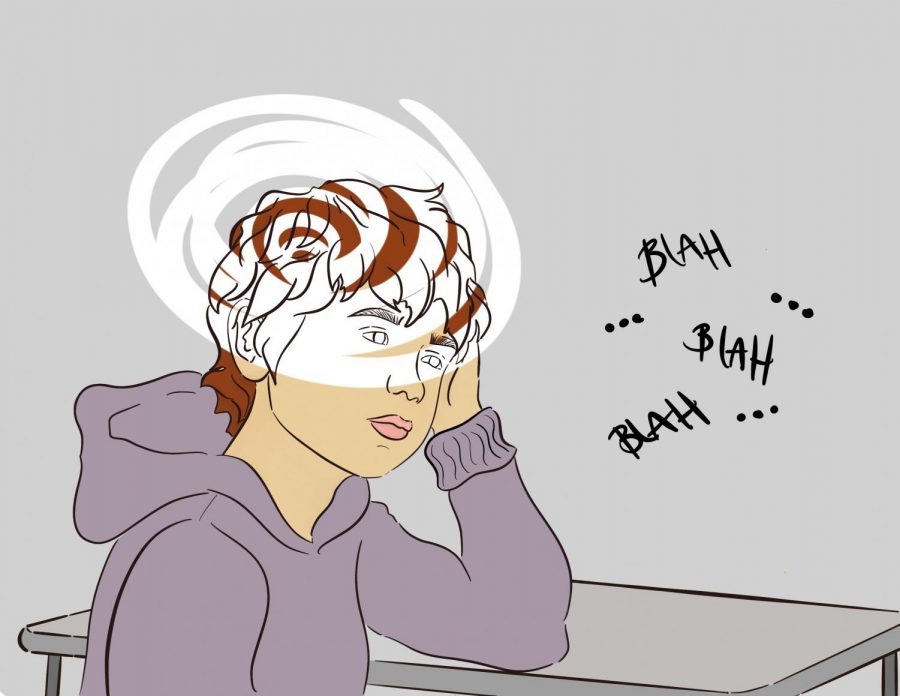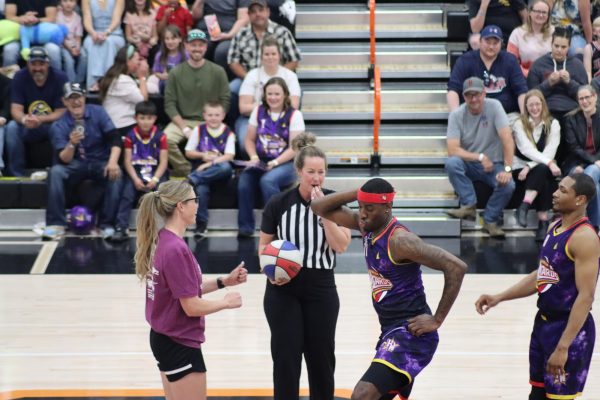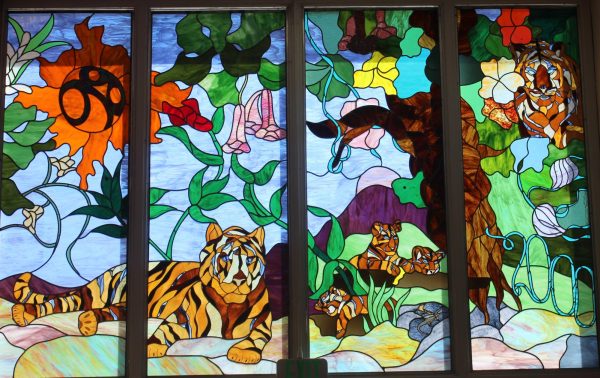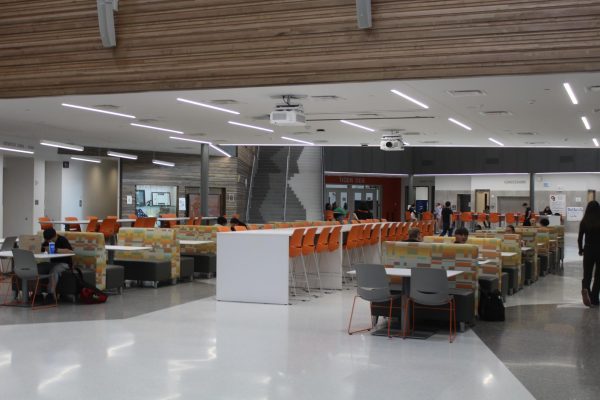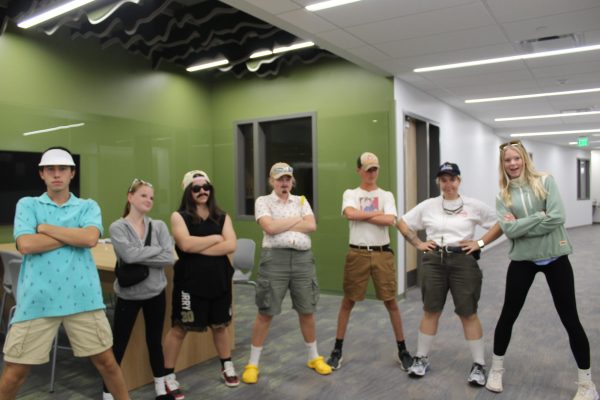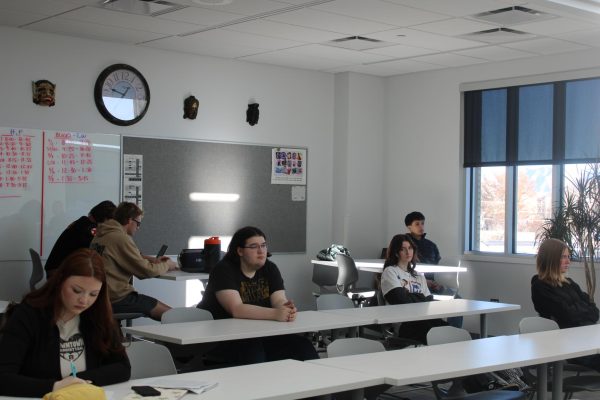“So this dyslexic guy walks into a bra.”
Unfolding the misconceptions of dyslexia.
“Wait. You’re dyslexic? But you’re so smart.”
When I tell people that I am dyslexic they are blown away. They can’t believe that someone who takes AP classes, has a 4.0, and never seems to struggle would have a learning disability.
“I don’t believe you. That just can’t be.”
But why can’t people believe it?
In a BBC news story, individuals with dyslexia recounted when “dyslexia [was] the long word for stupid.” Teachers, friends, peers, family, and coworkers all over struggle to grasp that having dyslexia does not affect your intelligence. All across the world individuals with dyslexia or another learning disability have changed the world, from Albert Einstein, Walt Disney, Kiera Knightley, Leonardo Da Vinci to Jamie Oliver. But even though so many people are successful and proud of their LD, society still prevents people from entirely accepting dyslexia as something other than a disability.
According to the International Dyslexia Association, in the past dyslexia meant standing in the back of the class with a dunce cap on, sitting in a dark closet, or being punished with a ruler or paddle. As research grew and dyslexia was finally identified, these cruel actions diminished, but words didn’t. Even with extensive studies, people fail to separate dyslexia from IQ.
Pop culture highlights the cruel jokes and misconceptions about dyslexia and learning disabilities. According to Urban Dictionary, dyslexia is:
A good excuse for everything if you have it, dyslexia is: so this dyslexic guy walks into a bra, dyslexia is: if you can spell it, you don’t have it.
I’ve even caught teachers and students laughing about simple mistakes they’ve made and sarcastically blaming them on dyslexia, saying “wow I feel so dyslexic.” But society can’t even begin to fathom the struggles and the rewards that dyslexia or any learning disability entails. Society doesn’t understand the feeling of frustration when you have read over the same page for an hour, and the letters seem to be dancing the YMCA. Society can’t imagine the feeling of satisfaction when you can master drawing the human form when all of your classmates are capable of drawing stick figures.
I am smart. And I am also 100 percent dyslexic. Growing up, I fed into the lies and hurtful words surrounding my disability, and I believed them. But with blood, sweat, and tears I realized my diagnosis does define me like they said, but it is also my favorite part about myself. School never came easy, but that struggle made me work harder and achieve so much. And the things that came easy, well, I’m proud of those too.
This is what I say when people are surprised:
“Yes, I’m dyslexic. But that is why I’m smart.”
And I just keep waiting for the day when people will say:
“That’s so cool. You have such a unique way of thinking about things.”
Or:
“Wow, I never knew that about you. Can you tell me more about dyslexia because I don’t understand it?”
Maybe then a kid like me could grow up in a world that supports people’s differences, instead of constantly trying to shove people into a box they don’t fit in.
Your donation will support the student journalists of Grand Junction High School. Your contribution will allow us to purchase equipment and cover our annual website hosting costs.

Annika Sisac is a very outdoorsy and enthusiastic person. She loves shredding the gnar on the daily, including competitive cycling and skiing. She is excited...

